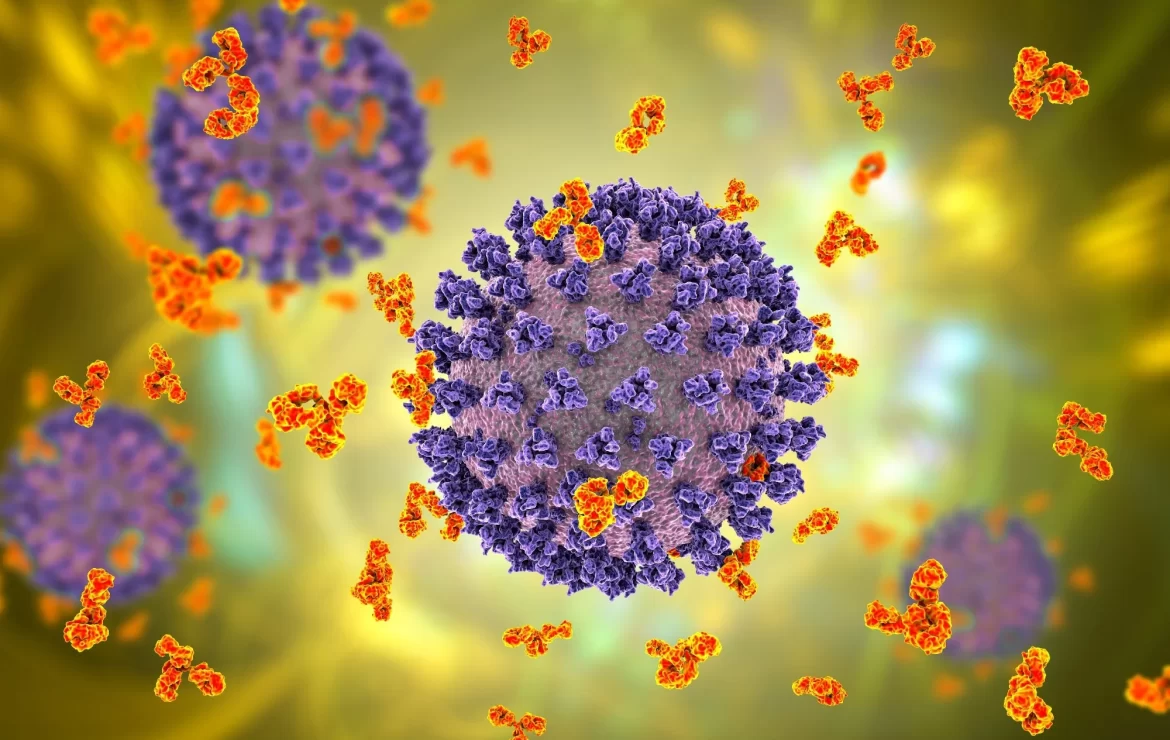Unraveling the Mysteries of COVID-19: The Emergence of the JN-1 Variant

In the ongoing battle against the global COVID-19 pandemic, scientists and health officials worldwide have faced numerous challenges, from developing effective vaccines to understanding the virus’s various mutations. Recently, a new variant has emerged, named JN-1, raising concerns and questions about its potential impact on public health. In this blog post, we will explore the key characteristics of the COVID-19 JN-1 variant and its implications for the ongoing efforts to control the spread of the virus.
Understanding the JN-1 Variant:
The JN-1 variant is a new mutation of the SARS-CoV-2 virus, which is the virus responsible for COVID-19. Like other variants, JN-1 carries specific genetic changes that differentiate it from the original strain. These genetic modifications can affect the virus’s transmissibility, severity of illness, and even its response to existing treatments and vaccines.
Transmission and Spread:
One of the primary concerns surrounding any new variant is its potential for increased transmissibility. Preliminary studies suggest that the JN-1 variant may have a higher rate of transmission compared to earlier strains of the virus. This heightened transmissibility could potentially lead to more rapid and widespread infections, posing challenges for public health authorities in their efforts to control the virus.
Vaccine Efficacy:
As vaccination campaigns continue worldwide, the efficacy of existing vaccines against new variants becomes a critical consideration. Early data on the JN-1 variant’s response to current vaccines is limited, and ongoing research aims to determine whether existing immunization efforts remain effective. Scientists and pharmaceutical companies are closely monitoring the situation, ready to adapt and develop booster shots if necessary.
Global Response:
The emergence of the JN-1 variant underscores the importance of a coordinated and global response to the ongoing pandemic. International collaboration in surveillance, data-sharing, and research is crucial for staying ahead of the virus’s mutations. Additionally, governments and health organizations must be prepared to adjust public health measures and vaccination strategies based on the evolving nature of the virus.
Public Health Measures:
In the face of the JN-1 variant, adherence to proven public health measures remains paramount. Regular handwashing, wearing masks in crowded or high-risk settings, and maintaining physical distancing can help mitigate the spread of the virus. Governments and health authorities may also consider implementing targeted restrictions or guidelines to curb the transmission of the new variant.
The emergence of the JN-1 variant adds a new layer of complexity to the ongoing battle against COVID-19. While researchers continue to study its characteristics and potential impact, it is crucial for the public to stay informed, follow recommended guidelines, and contribute to collective efforts to control the spread of the virus. By remaining vigilant and adaptable, we can work together to navigate the challenges posed by new variants and ultimately bring an end to the global pandemic. If any emergency contact Dr. Chaitanya Challa.







